Do Kittens Get Parvo
Do Kittens Get Parvo? Everything You Need to Know About Feline Panleukopenia
If you've recently welcomed a tiny, mischievous ball of fluff into your home, you're probably showering them with love and worry in equal measure. Among the many health concerns new pet parents face, the fear of Parvovirus often looms large. But the big question we need to tackle is specific to your little feline friend: Do kittens get Parvo?
The short answer is yes, absolutely. While the term "Parvo" usually refers to the canine version (CPV), cats and kittens are susceptible to a highly contagious and often deadly illness caused by the Feline Parvovirus (FPV). This disease is technically known as Feline Panleukopenia, or sometimes Feline Distemper.
It is crucial for every kitten owner to understand the risks, symptoms, and prevention strategies associated with this terrible virus. By the end of this article, you will be well-equipped to protect your kitten and know exactly when to seek veterinary help.
The Simple Answer: Yes, Kittens Get Parvo (FPL)
Feline Panleukopenia (FPL) is caused by a virus that attacks rapidly dividing cells in the body, particularly those in the bone marrow, intestines, and developing nervous system. When the virus attacks the bone marrow, it depletes the kitten's white blood cell count (hence the name "panleukopenia," meaning low white blood cells), leaving them highly vulnerable to secondary infections.
The virus is incredibly hardy, surviving in the environment for months or even years. This high environmental resistance means that kittens can be exposed simply by walking on contaminated surfaces, using contaminated litter boxes, or interacting with sick cats.
Unfortunately, FPL is highly contagious and spreads rapidly, especially in environments where many unvaccinated cats congregate, such as shelters or multi-cat households. Recognizing that kittens get Parvo is the first step toward proactive defense.
Feline Parvovirus vs. Canine Parvovirus: Are They Related?
This is a common point of confusion for pet owners. Both diseases belong to the Parvovirus family, and they share similar symptoms, but they are generally species-specific. The virus that infects your kitten (FPV) is genetically similar to the one that affects dogs (CPV).
While there have been rare instances of cross-species infection in laboratory settings, for practical purposes, you do not need to worry about your kitten catching Parvo from your vaccinated dog, or vice versa. They require separate vaccinations and treatments. However, they share the devastating characteristic of rapid cell destruction and high mortality rates if left untreated.
Why Kittens Are Most at Risk
The severity of FPL is directly linked to the age of the cat. While adult cats can contract the virus, they usually have milder symptoms due to prior exposure or vaccination. Kittens, especially those between 2 and 6 months old, are in the period of highest risk, and mortality rates can exceed 90% in this age group.
Kittens' immune systems are still developing. Furthermore, the virus thrives on rapidly dividing cells, which are abundant in a growing kitten.
The Critical Period: When Protection Wanes
When kittens are born, they receive temporary protection from their mother through colostrum, a specialized type of milk containing maternal antibodies. These antibodies protect the kitten initially, but they also block the effectiveness of early vaccinations.
As the kitten grows, the level of maternal antibodies decreases, leaving a window of vulnerability known as the "immunity gap." This gap usually occurs between 6 and 12 weeks of age, exactly when we start the vaccination series. If exposure happens during this gap, the kitten is highly susceptible.
Risk factors that increase the likelihood that kittens get Parvo include:
- Being under six months old.
- Having an unknown or incomplete vaccination history.
- Living in a shelter or crowded environment.
- Exposure to contaminated items (e.g., shoes, food bowls, bedding).
- Stress, which can suppress the fragile immune system.
Recognizing the Signs: What Does Parvo Look Like in a Kitten?
The incubation period for FPL is typically 5 to 9 days after exposure. Once symptoms appear, they progress very quickly, demanding immediate intervention. If you notice any combination of these signs, consider it an extreme emergency and contact your veterinarian immediately.
Common Clinical Symptoms
The symptoms of Feline Panleukopenia are severe because the virus attacks both the gut lining and the immune system simultaneously. Immediate, aggressive veterinary treatment is required to try and save the kitten's life.
- **Severe Vomiting:** Often persistent and forceful, leading to rapid dehydration.
- **Bloody Diarrhea:** This is a hallmark sign, though sometimes diarrhea is absent in the earliest stages.
- **Fever and Lethargy:** A high fever (often over 104°F) usually appears first, followed by extreme listlessness.
- **Anorexia:** Refusing all food and water.
- **Dehydration:** Due to fluid loss from vomiting and diarrhea, the kitten will rapidly become dehydrated.
It is important to remember that FPL can mimic other serious illnesses, but due to its high fatality rate, it must be ruled out immediately by a vet through a blood test and sometimes a fecal PCR test.
Recognizing Lethargy and Hiding Behavior
Sometimes, the most telling signs are behavioral. A healthy kitten is a whirlwind of energy—constantly playing, exploring, and demanding attention. If your kitten suddenly becomes quiet, refuses to move, or starts hiding in dark, secluded spots, this is a major red flag.
This dramatic shift in behavior often precedes the onset of severe vomiting and diarrhea. Never assume a quiet kitten is simply "calm." In young, unvaccinated felines, severe lethargy warrants an emergency vet visit.
Prevention is Key: Vaccination Schedules
The good news in the face of such a terrifying illness is that Feline Panleukopenia is highly preventable through vaccination. Prevention is the single most effective weapon we have against the virus that causes kittens to get Parvo.
The FPV vaccine is a core vaccine, meaning all kittens should receive it regardless of their lifestyle (indoor or outdoor). This vaccine is typically given as part of the FVRCP combination shot, which also protects against Feline Rhinotracheitis (Herpesvirus) and Calicivirus.
A typical core vaccination schedule for kittens looks like this:
- **First Dose:** 6 to 8 weeks of age.
- **Second Dose:** 10 to 12 weeks of age.
- **Third Dose:** 14 to 16 weeks of age.
- **Booster:** One year later.
- **Ongoing Boosters:** Every three years thereafter, based on veterinary advice.
Until your kitten has received the full series of initial shots, they are not fully protected. This means limiting their exposure to unknown animals, public parks, or high-risk environments. Proper hygiene, including disinfecting shoes and hands before handling the kitten, is also critical if you interact with other cats.
If you have adopted a kitten with an unknown history, start the vaccine series immediately. Furthermore, if you suspect your kitten has been exposed to FPL, immediate consultation with a vet is vital, even before symptoms appear.
Conclusion: Protecting Your Vulnerable Kitten
The answer to the initial question, "Do kittens get Parvo," is a definite and serious yes. Feline Panleukopenia is a devastating, highly contagious viral disease that poses a mortal threat to kittens, especially those under six months old.
Understanding the signs—extreme lethargy, high fever, and severe vomiting—is critical, as early detection dramatically improves the slim chances of survival. Ultimately, however, the best defense is prevention.
Ensure your kitten receives the full course of their core FVRCP vaccines on schedule. Talk to your veterinarian today about establishing a robust immunization and wellness plan. By being proactive and vigilant, you can ensure your little companion grows up healthy and safe, free from the threat of this terrible disease.
Frequently Asked Questions (FAQ) About Feline Parvovirus
- Can I catch Feline Parvovirus from my kitten?
- No. Feline Panleukopenia is species-specific. It cannot be transmitted to humans. However, you can accidentally carry the virus on your clothes or shoes and transmit it between animals.
- How is Feline Panleukopenia treated?
- There is no specific cure for the virus itself. Treatment is aggressive and focuses on supportive care: intravenous fluids to combat dehydration, blood transfusions (if severe anemia occurs), antibiotics to fight secondary bacterial infections, and anti-nausea medication. Treatment requires hospitalization and intensive nursing care.
- If my kitten survives Parvo, will it have long-term issues?
- Kittens who survive FPL usually develop strong, lifelong immunity to the virus. However, kittens infected very young (in the womb or shortly after birth) may suffer permanent neurological damage (cerebellar hypoplasia), resulting in poor coordination and tremors.
- How long does the virus survive in the house?
- Feline Parvovirus is extremely hardy and can survive for months on surfaces, especially in cool, protected environments. Standard household cleaners are ineffective. You must use a solution of diluted bleach (1 part bleach to 32 parts water) or a veterinary-grade disinfectant specifically labeled as effective against Parvovirus to properly clean contaminated areas.
Do Kittens Get Parvo
Do Kittens Get Parvo Wallpapers
Collection of do kittens get parvo wallpapers for your desktop and mobile devices.
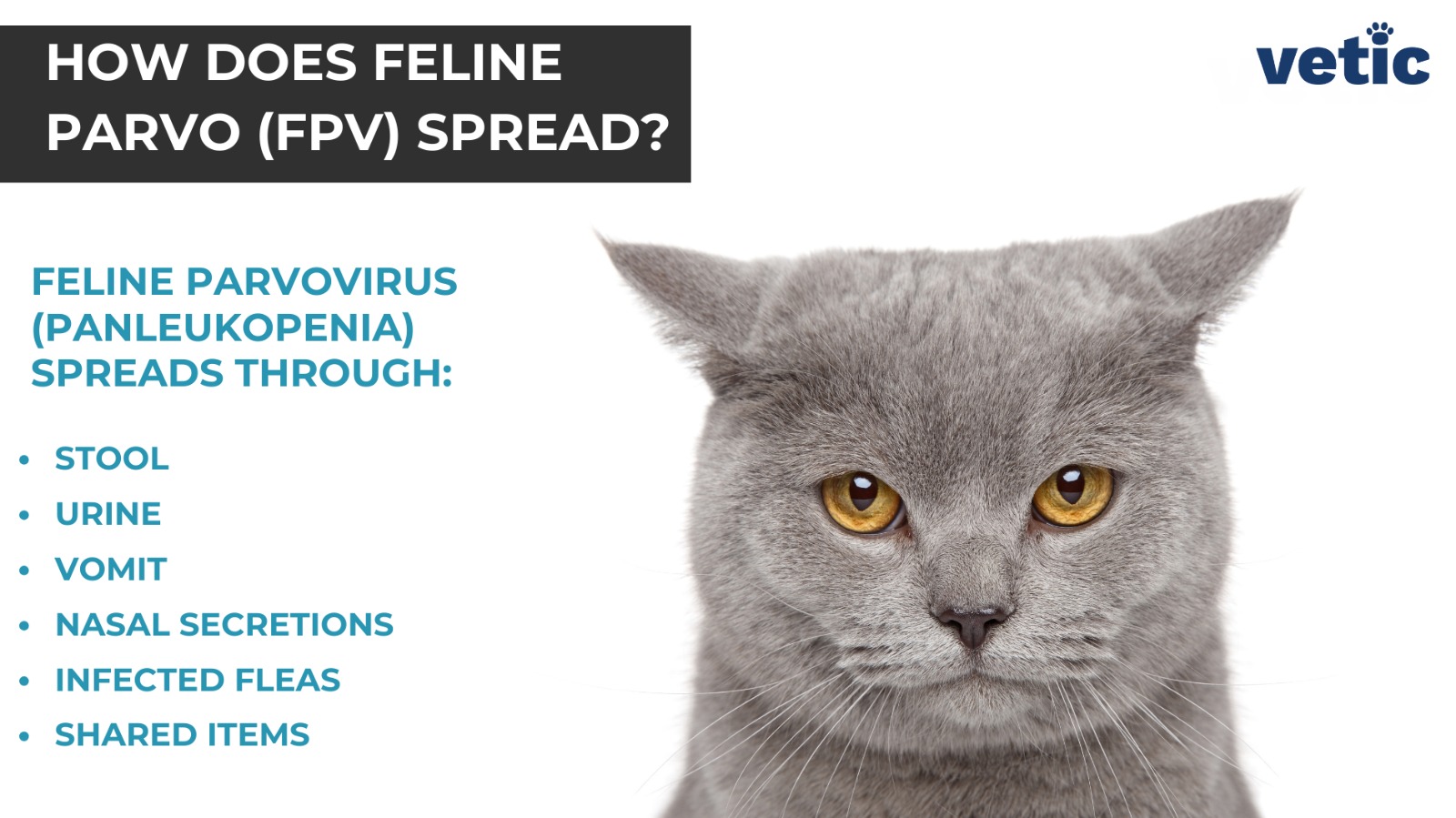
High-Quality Do Kittens Get Parvo Artwork Illustration
Explore this high-quality do kittens get parvo image, perfect for enhancing your desktop or mobile wallpaper.

Captivating Do Kittens Get Parvo Wallpaper Collection
A captivating do kittens get parvo scene that brings tranquility and beauty to any device.
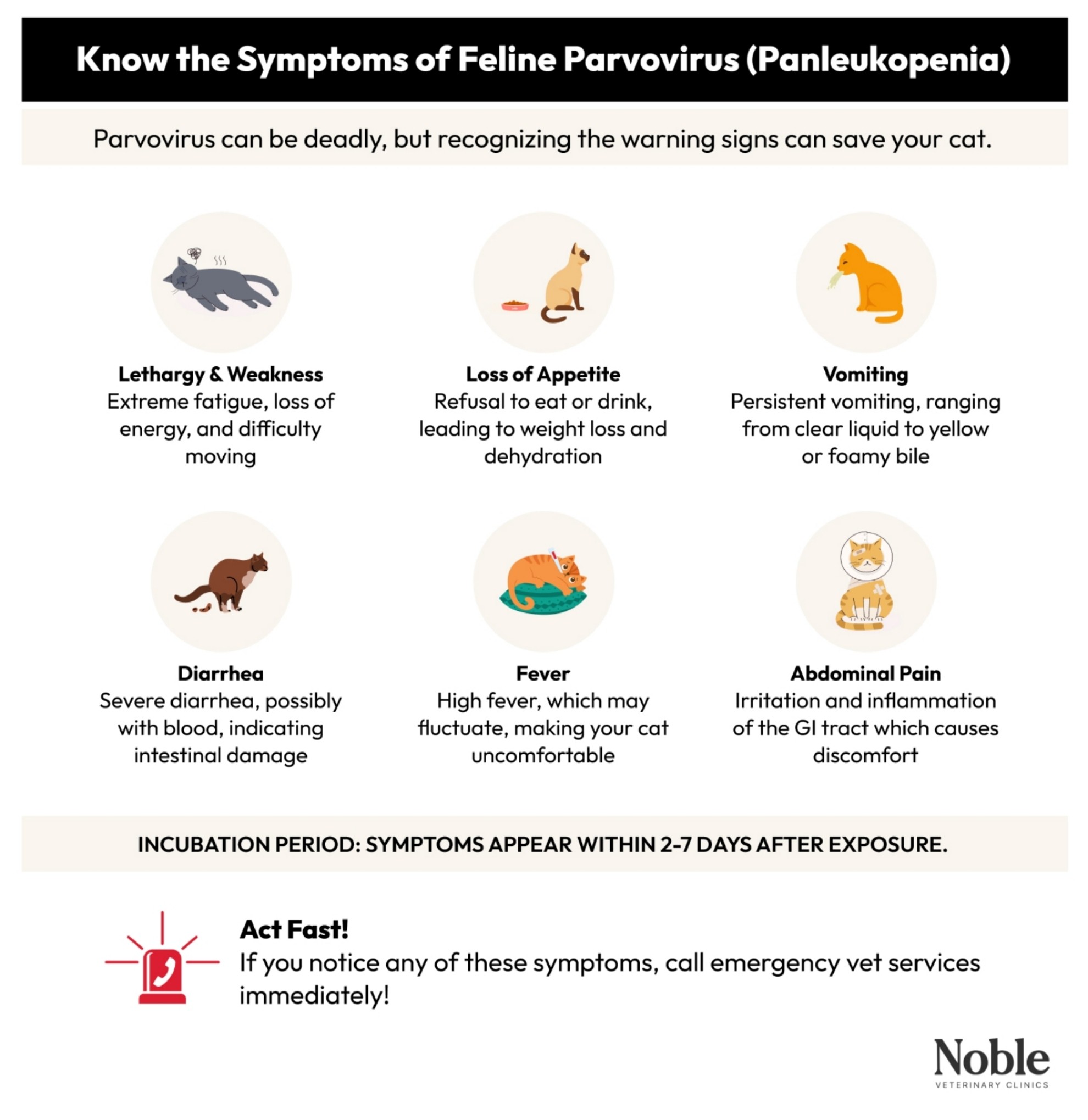
Captivating Do Kittens Get Parvo Abstract Photography
This gorgeous do kittens get parvo photo offers a breathtaking view, making it a perfect choice for your next wallpaper.
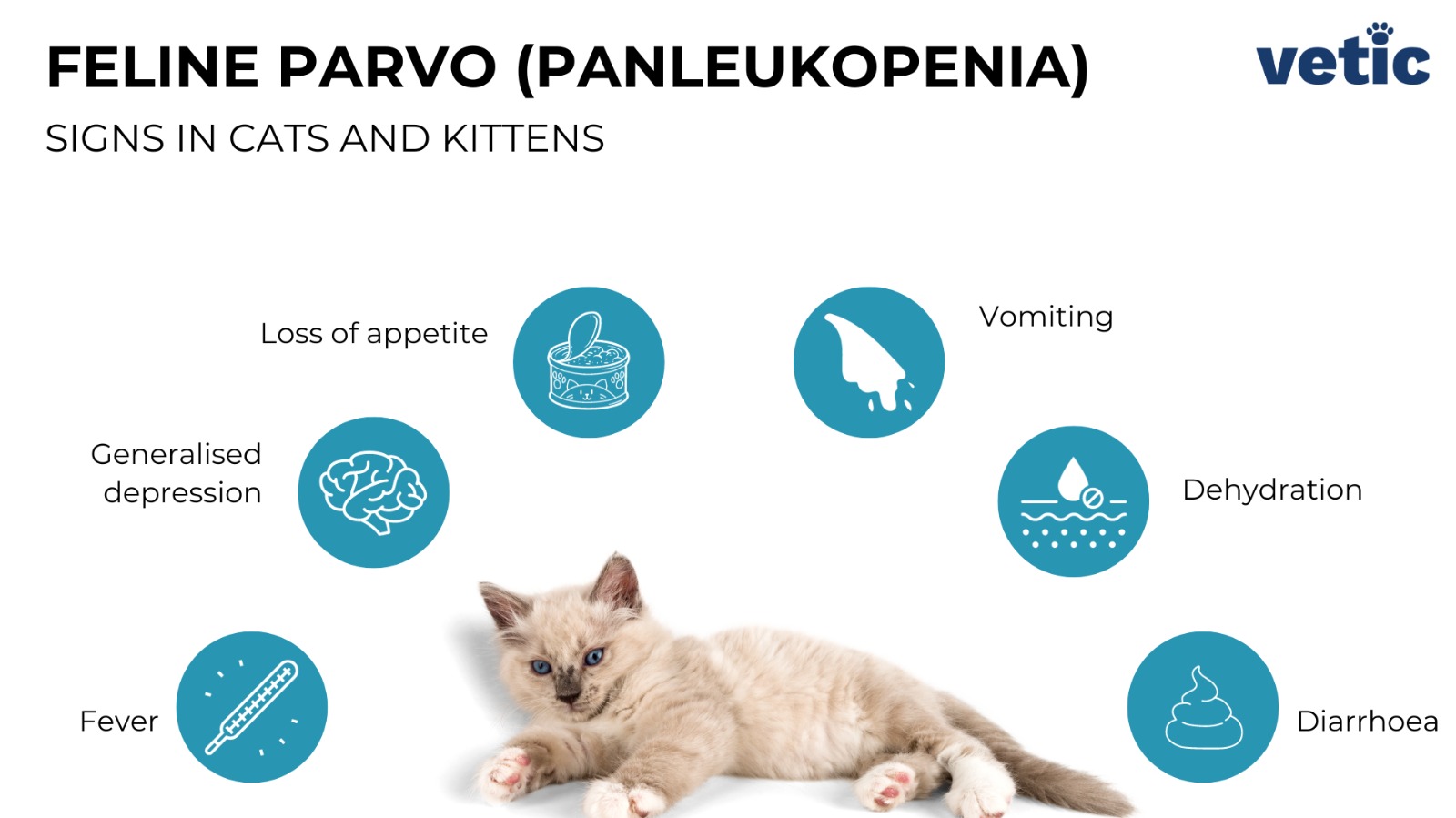
Captivating Do Kittens Get Parvo Moment Photography
A captivating do kittens get parvo scene that brings tranquility and beauty to any device.
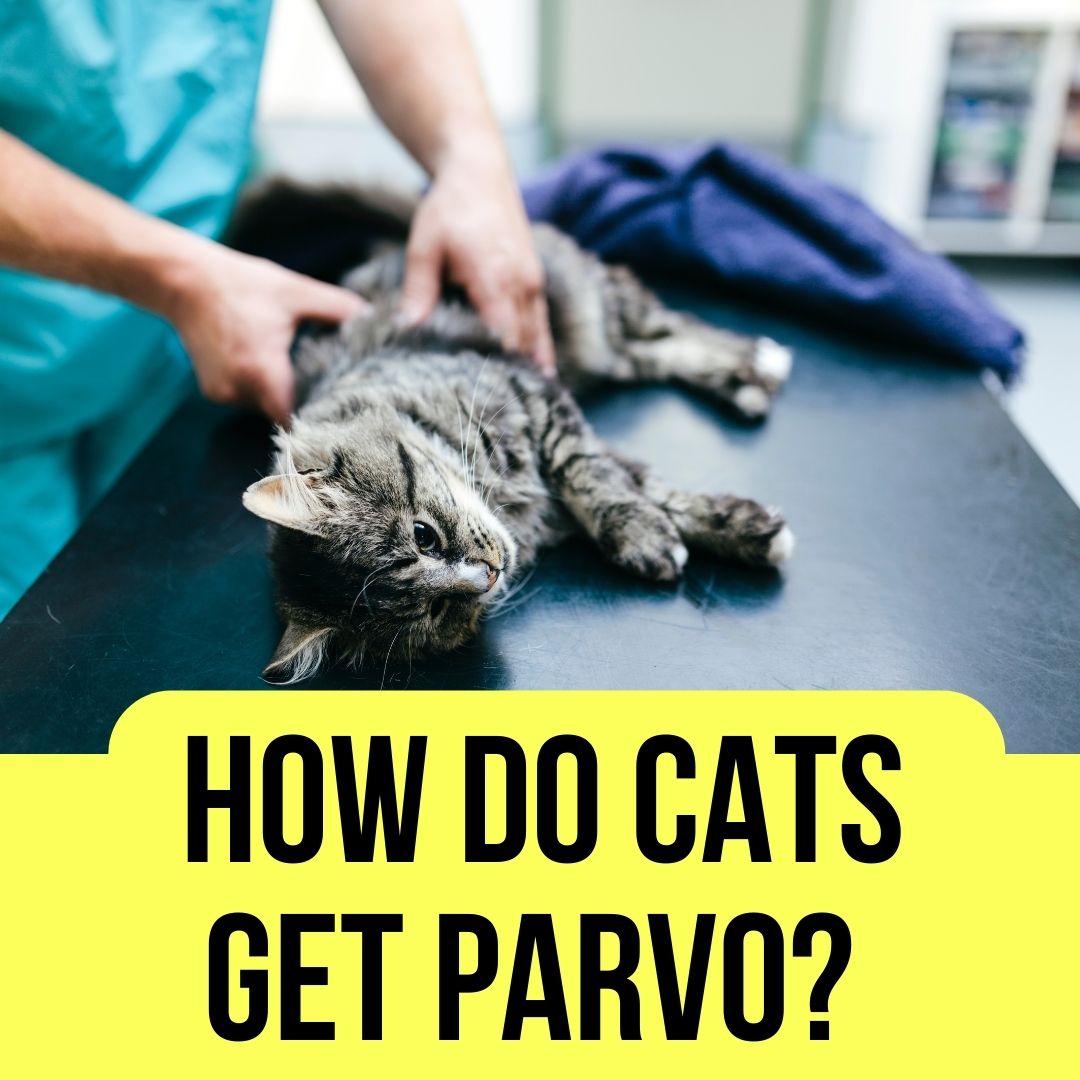
Artistic Do Kittens Get Parvo Wallpaper Illustration
Immerse yourself in the stunning details of this beautiful do kittens get parvo wallpaper, designed for a captivating visual experience.

Detailed Do Kittens Get Parvo Background in HD
Transform your screen with this vivid do kittens get parvo artwork, a true masterpiece of digital design.
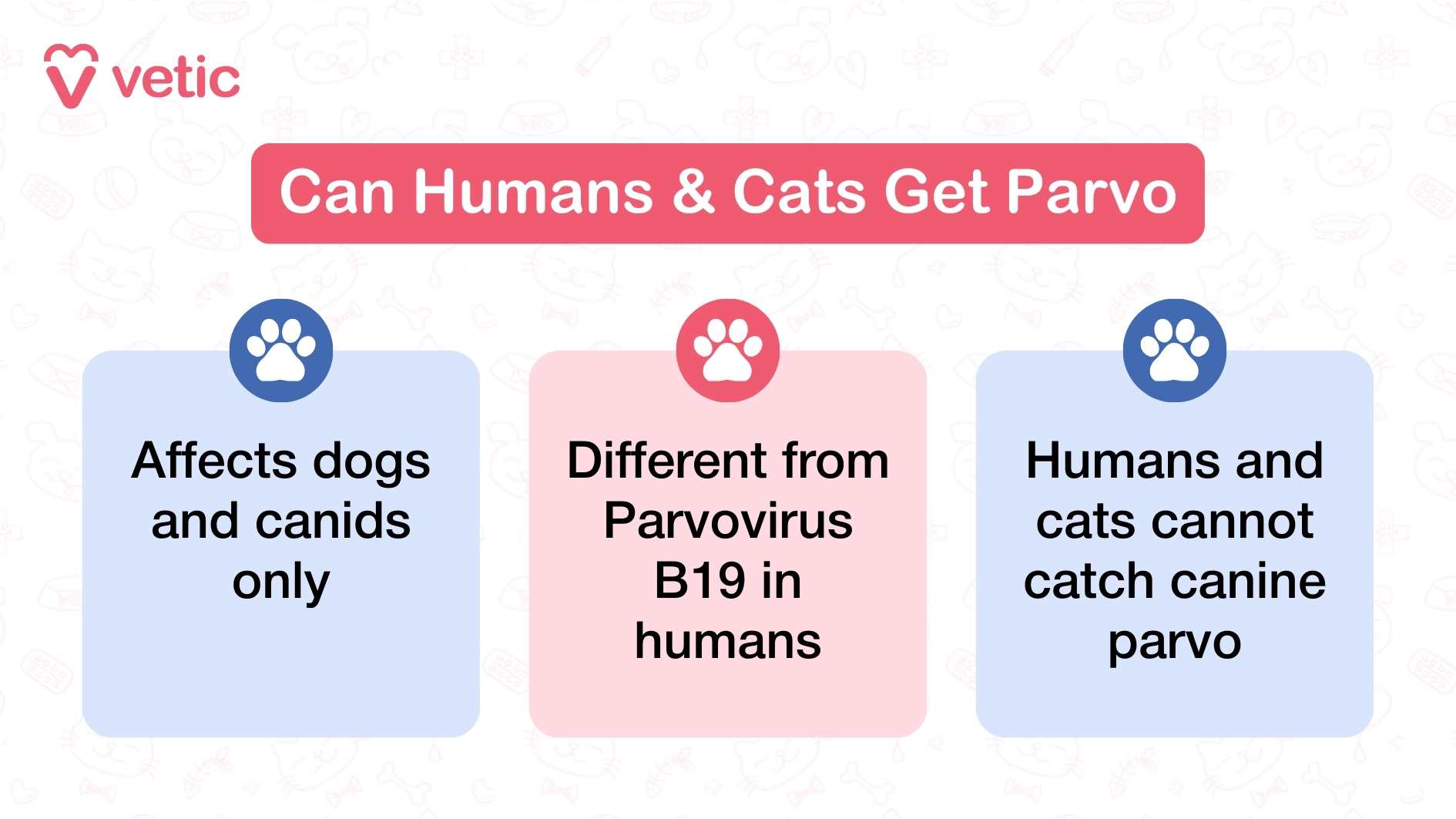
Beautiful Do Kittens Get Parvo Abstract Illustration
Discover an amazing do kittens get parvo background image, ideal for personalizing your devices with vibrant colors and intricate designs.

Breathtaking Do Kittens Get Parvo Image Illustration
Transform your screen with this vivid do kittens get parvo artwork, a true masterpiece of digital design.
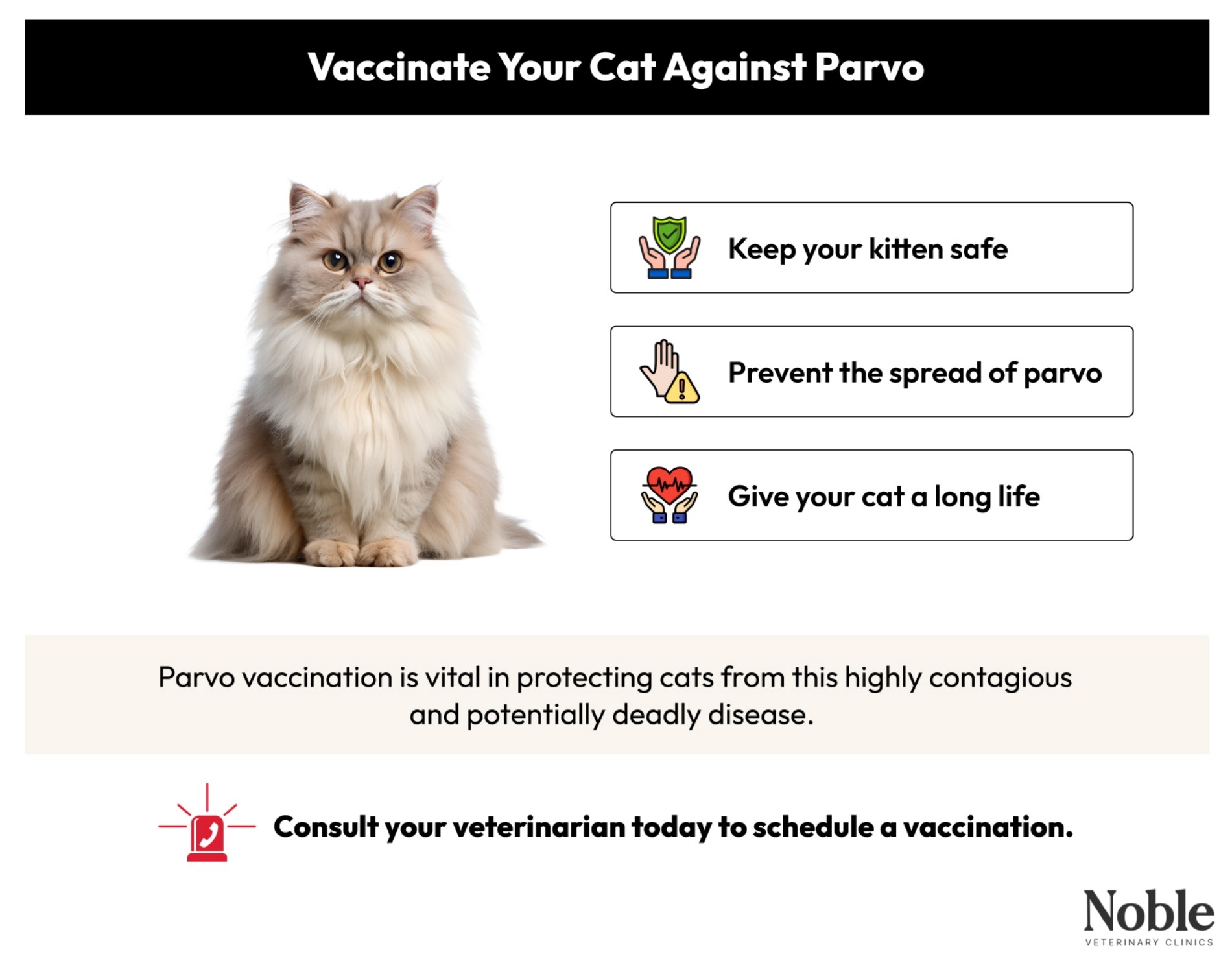
Lush Do Kittens Get Parvo Photo Digital Art
A captivating do kittens get parvo scene that brings tranquility and beauty to any device.

Dynamic Do Kittens Get Parvo Moment Photography
Find inspiration with this unique do kittens get parvo illustration, crafted to provide a fresh look for your background.

Captivating Do Kittens Get Parvo Scene in 4K
A captivating do kittens get parvo scene that brings tranquility and beauty to any device.
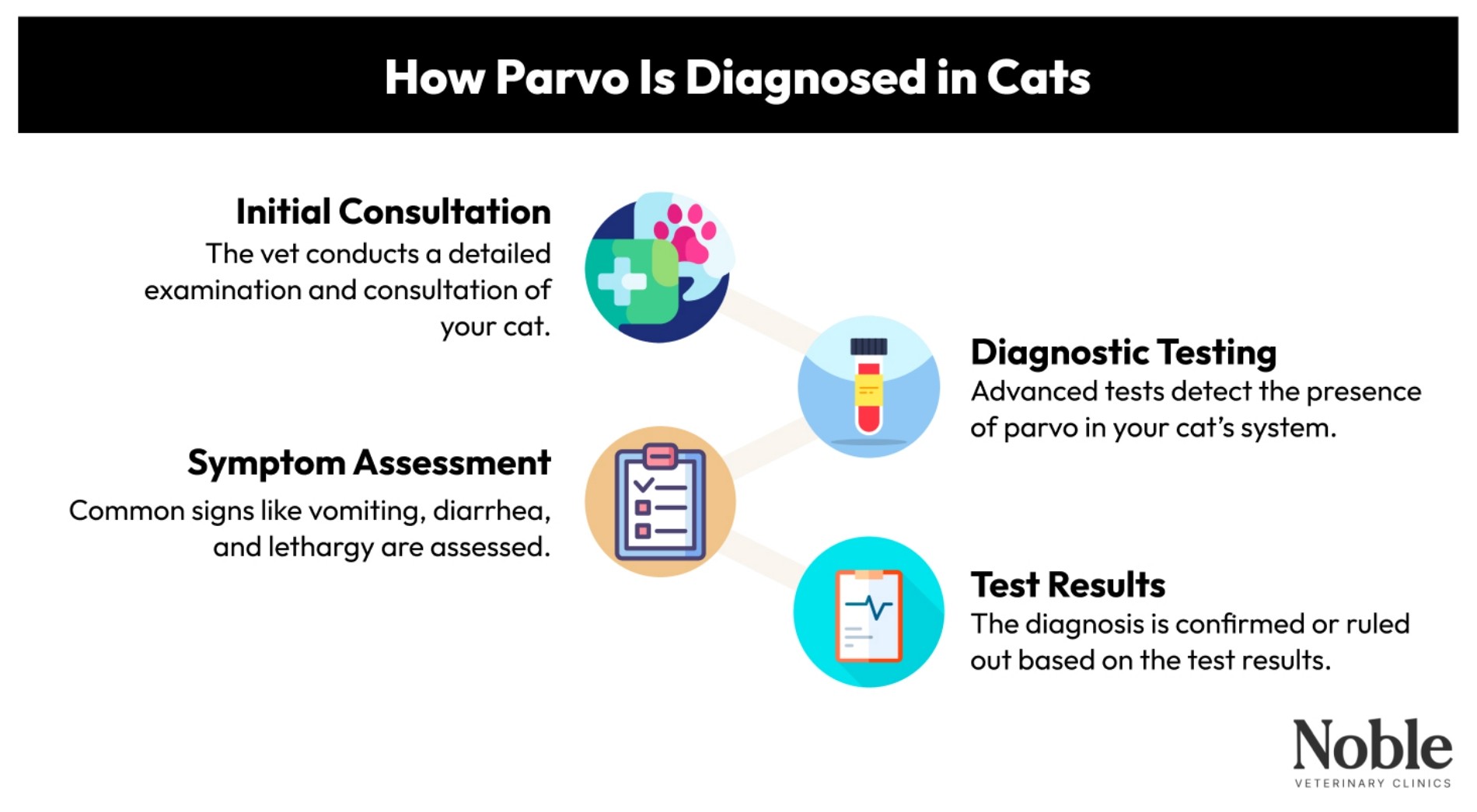
Stunning Do Kittens Get Parvo Design Photography
Find inspiration with this unique do kittens get parvo illustration, crafted to provide a fresh look for your background.

Stunning Do Kittens Get Parvo Wallpaper Concept
Immerse yourself in the stunning details of this beautiful do kittens get parvo wallpaper, designed for a captivating visual experience.
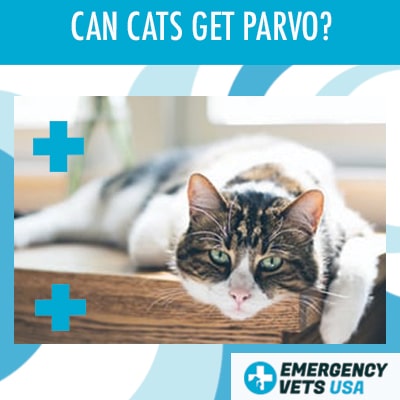
High-Quality Do Kittens Get Parvo Moment for Mobile
Discover an amazing do kittens get parvo background image, ideal for personalizing your devices with vibrant colors and intricate designs.

Amazing Do Kittens Get Parvo View Digital Art
Transform your screen with this vivid do kittens get parvo artwork, a true masterpiece of digital design.
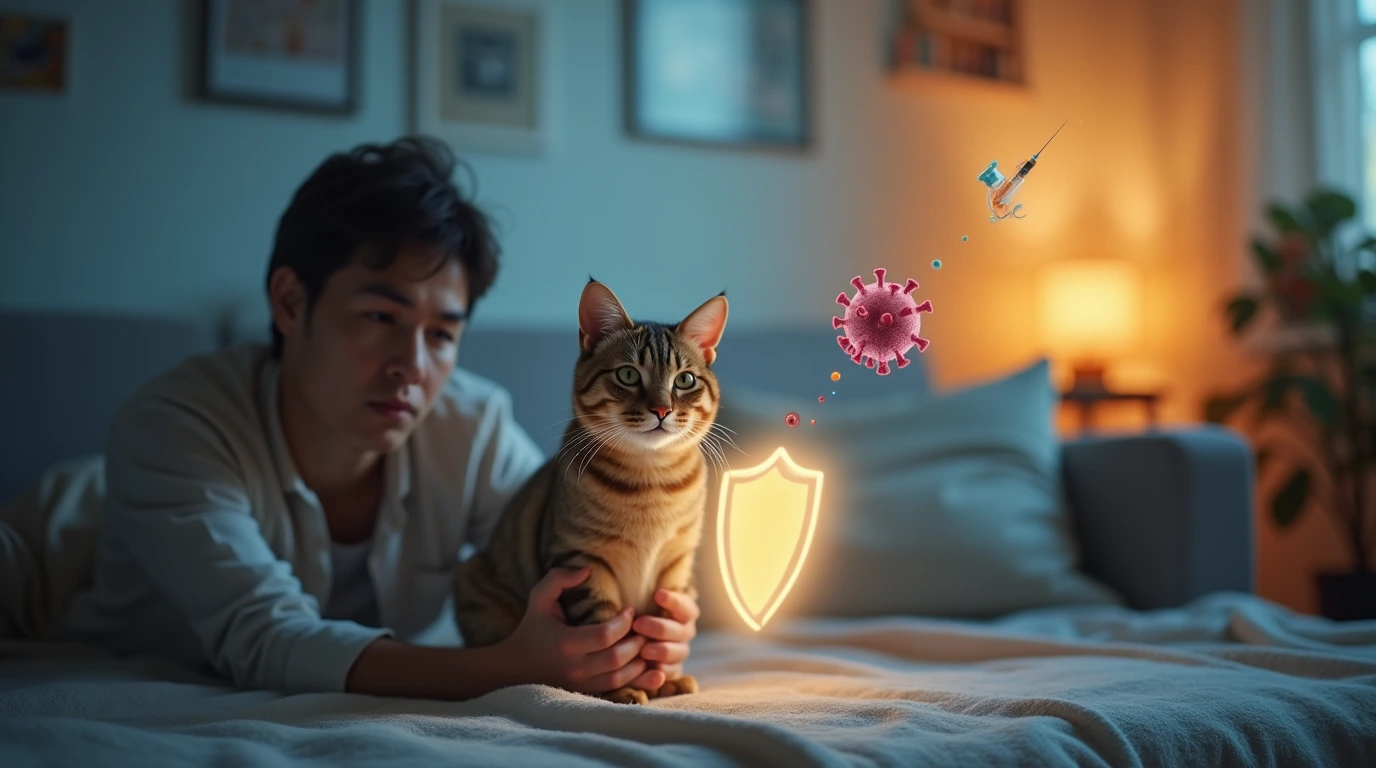
Lush Do Kittens Get Parvo Photo Art
This gorgeous do kittens get parvo photo offers a breathtaking view, making it a perfect choice for your next wallpaper.
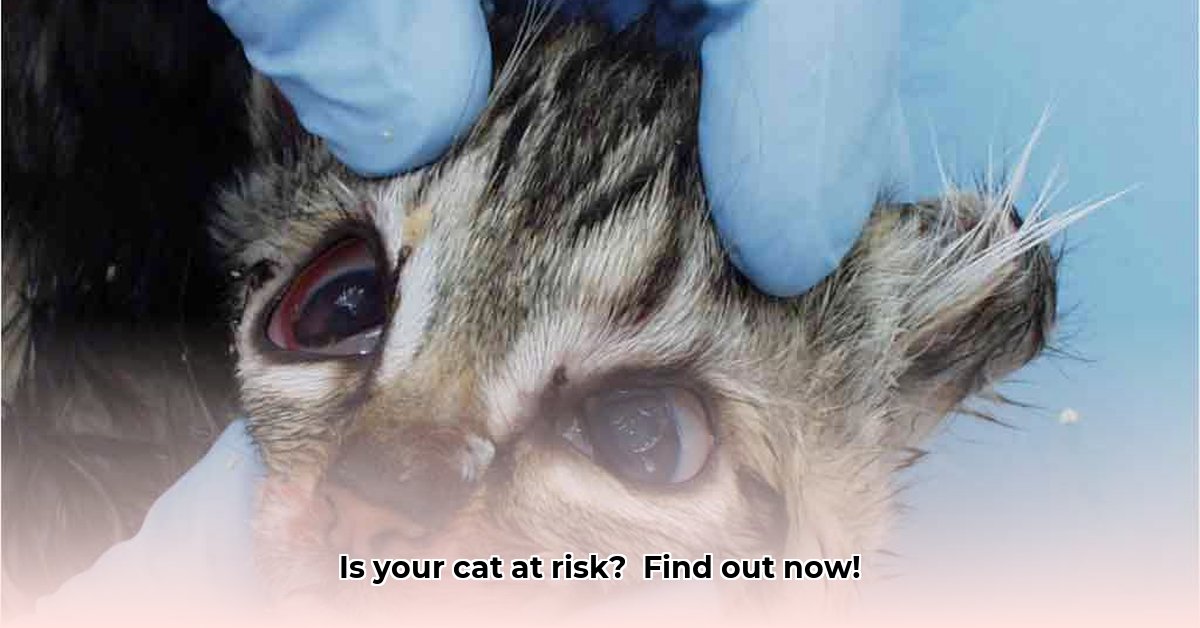
Crisp Do Kittens Get Parvo Moment Nature
A captivating do kittens get parvo scene that brings tranquility and beauty to any device.
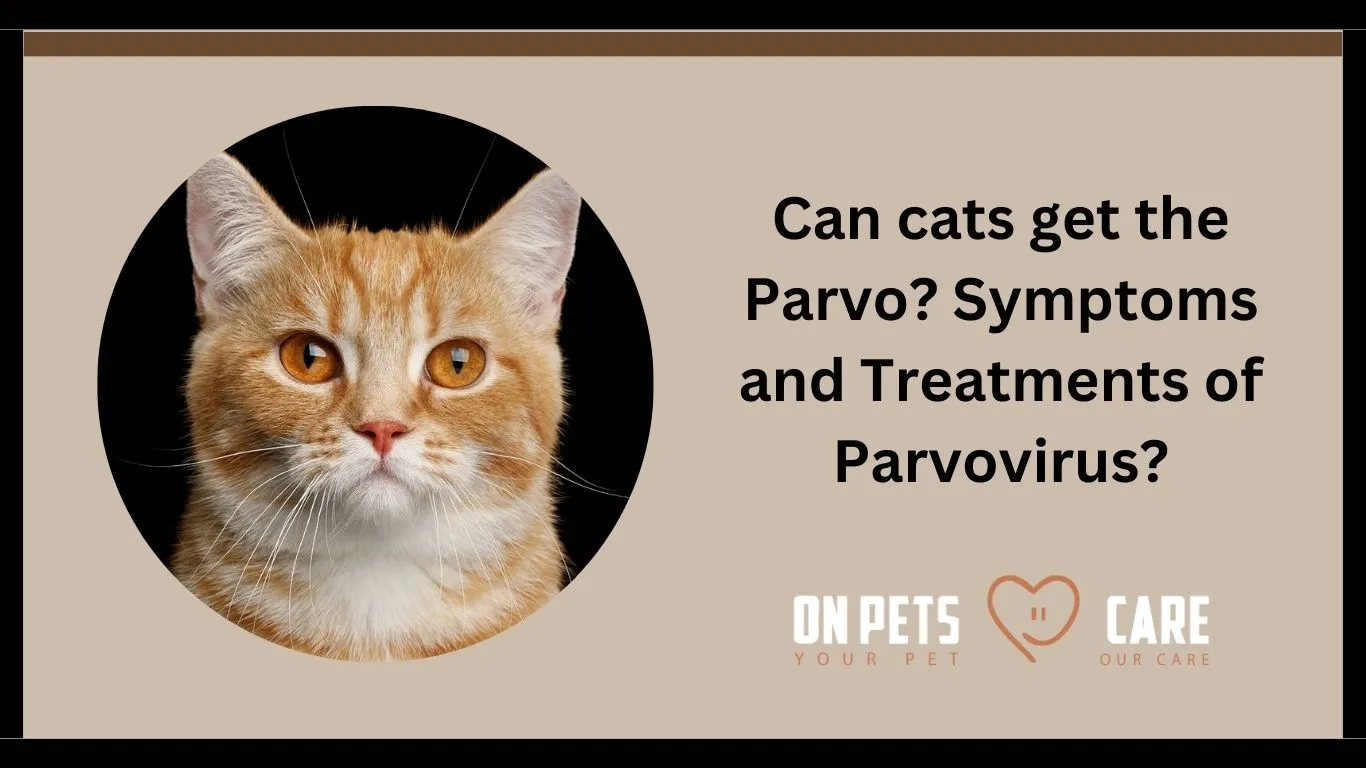
Captivating Do Kittens Get Parvo Photo in 4K
Find inspiration with this unique do kittens get parvo illustration, crafted to provide a fresh look for your background.

Detailed Do Kittens Get Parvo Abstract Concept
Transform your screen with this vivid do kittens get parvo artwork, a true masterpiece of digital design.
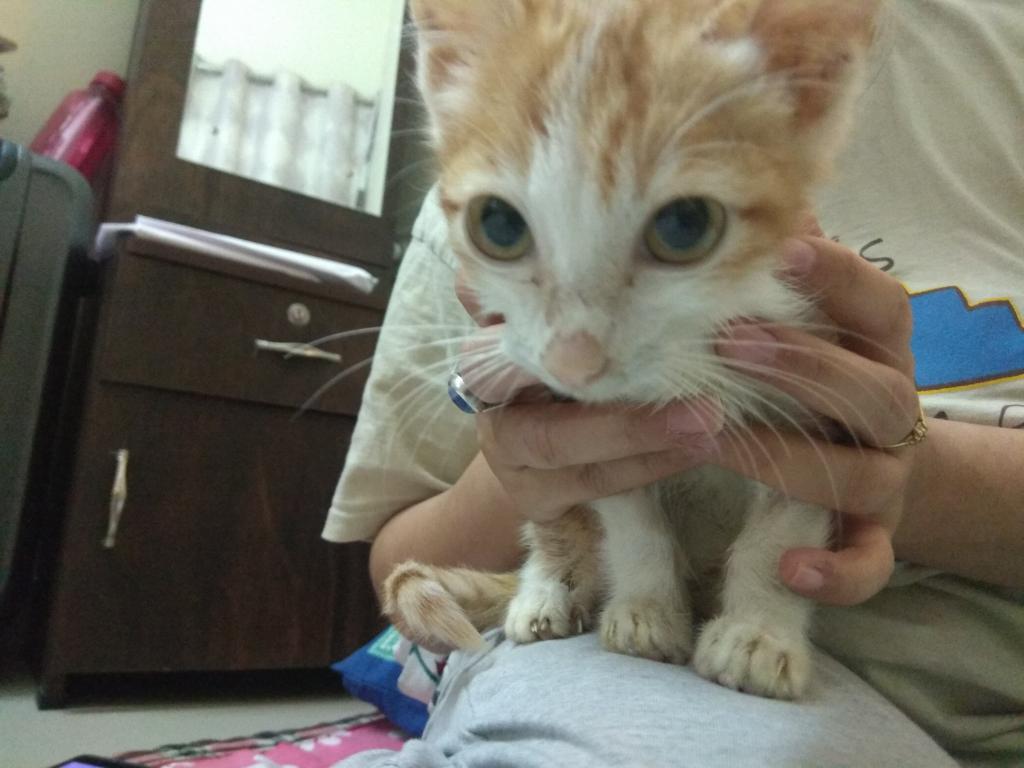
Vibrant Do Kittens Get Parvo Artwork Photography
Explore this high-quality do kittens get parvo image, perfect for enhancing your desktop or mobile wallpaper.
Download these do kittens get parvo wallpapers for free and use them on your desktop or mobile devices.
0 Response to "Do Kittens Get Parvo"
Post a Comment